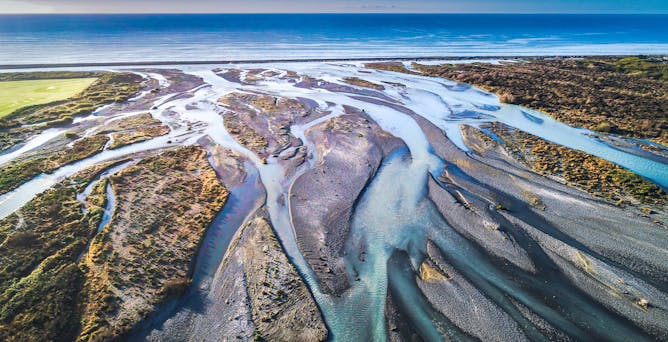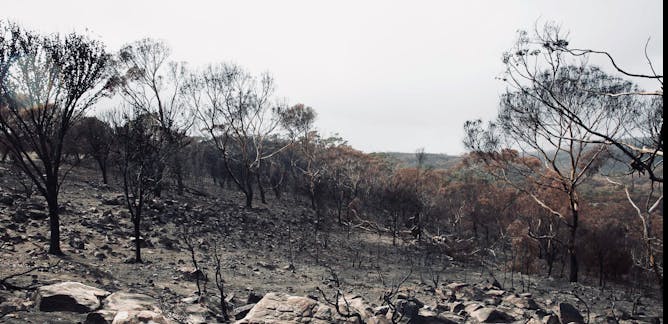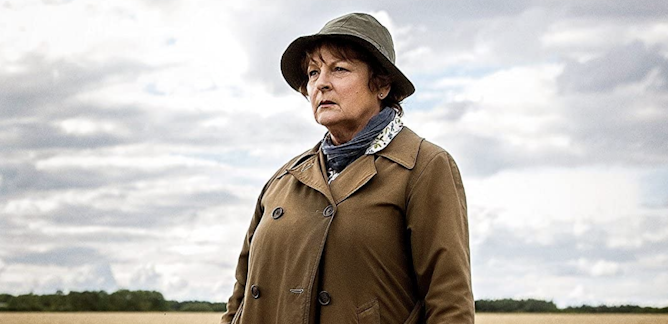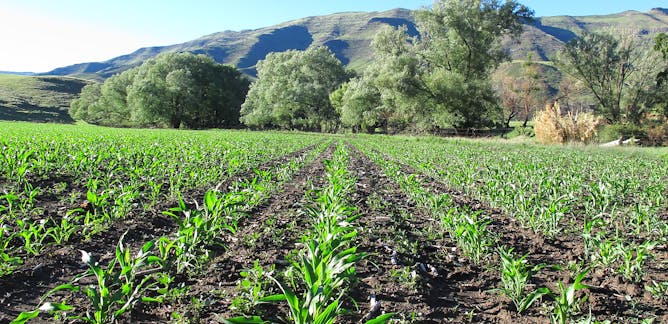|
|
|
|
Nau mai haere mai - welcome to the last newsletter for 2020.
It’s been a hard year for everyone, but as several European countries go back into lockdown over the festive season, New Zealand has started discussions about quarantine-free travel corridors with Australia and some Pacific nations.
Shared contact tracing will be one of the challenges, and as information technologies lecturer Mahmoud Elkhodr explains, the recent bluetooth update for New Zealand’s COVID Tracer app is unlikely to help because it uses a different underlying framework and can’t communicate with the Australian app.
Meanwhile, if you get a chance to travel in New Zealand, Christchurch has a new cultural landmark. Historian Katie Pickles writes about Kate Sheppard’s wooden villa – the “epicentre of women’s suffrage” – which is now open to the public as a museum celebrating Sheppard’s life and achievements.
And now that we’re all Christmas shopping, here’s a cautionary tale: do you usually tick “I agree” without reading the terms and conditions on an online contract? Well, a new study from Te Herenga Waka–Victoria University shows you’re probably agreeing to very unfair terms, and New Zealand businesses are still potentially breaching the spirit and letter of the Fair Trading Act five years on from amendments that were meant to stop this kind of thing.
As always, you’ll find much more to read in this newsletter and on the New Zealand home page where we’ll continue publishing new stories throughout the holiday period. Many thanks for your support during 2020 and our best wishes for the festive season and summer holidays. From the Conversation’s New Zealand team, ngā mihi o te tau hou kia koutou katoa.
|
Veronika Meduna
New Zealand Editor: Science, Health + Environment
|

|
|

www.shutterstock.com
Victoria Stace, Te Herenga Waka — Victoria University of Wellington; Alexandra Sims
A new study suggests the Commerce Commission needs to get tougher with New Zealand businesses over their general terms and conditions.
|

Katie Pickles, University of Canterbury
Overlooked for decades, the house where the women's suffrage campaign was launched finally becomes a public landmark.
|

Dan Himbrechts/AAP
Mahmoud Elkhodr, CQUniversity Australia
New Zealand has joined a long list of countries using Google and Apple's mobile contact tracing framework. But if it's not compatible with Australia's app, what does that mean for travellers?
|

www.shutterstock.com
Hongzhi Gao, Te Herenga Waka — Victoria University of Wellington; Ivy Guo, Te Herenga Waka — Victoria University of Wellington; Monica Ren, Macquarie University
The recently signed RCEP trade agreement encourages even closer ties with China, but this puts New Zealand's long-term interests at risk.
|

John B. Weller
Natasha Blaize Gardiner, University of Canterbury; Cassandra Brooks, University of Colorado Boulder
Global leaders pledged to protect 10% of the oceans by 2020. We're nowhere close and the goal has proven particularly challenging to achieve in international waters.
|

Shutterstock/Tracey McNamara
Troy Baisden, University of Waikato
New Zealand spends about $500m on environmental research each year, but fails to invest systematically in monitoring programmes to track the changing environment.
|
From our international editions
|

Tania Sorrell, University of Sydney; Ian Frazer, The University of Queensland; Ingrid Scheffer, University of Melbourne
A new review from the Australian Academy of Health and Medical Sciences says managing the pandemic into 2021 will mean persisting with the measures that have made Australia's response successful so far.
| |

Daniella Teixeira, Griffith University
A year since the fires, I feel an underlying sadness and concern for the future. From my discussions with other conservationists, I know I'm not the only one to feel this way.
|

Peter McPhee, University of Melbourne
The protests, which have lasted for weeks, have become embroiled with deep anxieties in France about decolonisation, policing, the limits to secularism and the place of Muslims in French society.
| |

Sue Turnbull, University of Wollongong
Sure, she has quirks. But TV detective Vera is no amateur. And Brenda Blethyn's embodiment of her evokes a strong sense of place.
|

Nikita Sud, University of Oxford
Farmers and their supporters are bringing Delhi and other cities to a standstill.
| |

Anne Moore, University College Cork
We still need to know exactly what part of the immune response offers protection – and how strong it needs to be to remain protective.
|

Yohanes Sulaiman, Universitas Jendral Achmad Yani
Jokowi's administration has been unable to deal with the pandemic effectively because it lacks political will and fears it could wreck the economy and, with it, his legacy.
| |

Justin Jennings, University of Toronto
When allocating resources, we prioritize members of the social groups we belong to, rather than including others in our allocations. This will determine how the COVID-19 vaccine is distributed.
|

Joel Lexchin, University of Toronto
We should applaud drug companies for developing COVID-19 vaccines in record time, but let’s not be under any illusion about the profits that are motivating them.
| |

Michael Aliber, University of Fort Hare; Wandile Sihlobo, University of the Witwatersrand
As African economies recover from the COVID-19 pandemic, governments should explore technologies like global positioning systems and blockchain for use in the registration of land rights.
|
|
|
| |
| |
| |
| |
| |
| |
|
|
|
|
|
|
|